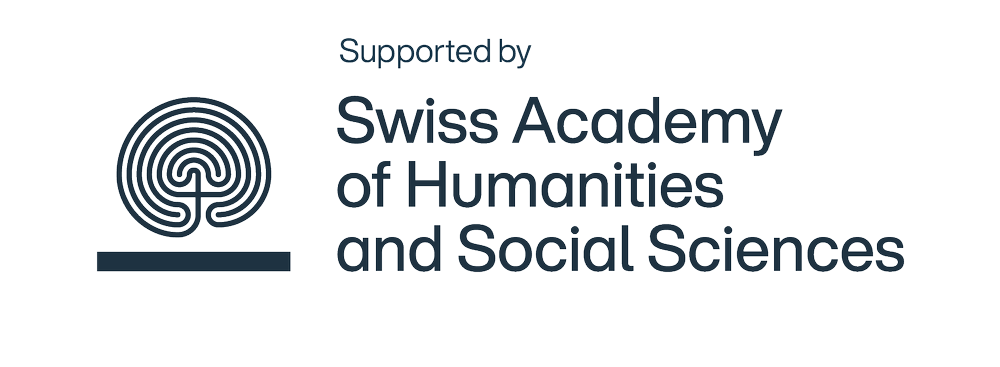Erich Fromm und Das Freie Jüdische Lehrhaus in Frankfurt
DOI:
https://doi.org/10.36950/jndf.2023.1.1Schlagwörter:
Erich Fromm, Freies Jüdisches Lehrhaus, FrankfurtAbstract
This article examines Erich Fromm (1900-1980) within the context of the so-called “renaissance of Jewish religious thought” in Germany during the early 20th century. It is well known that Fromm was a member of the Institute for Social Research, later called the Frankfurt School. The focus of this study, however, is on what has received little attention in research, namely Fromm’s involvement in founding the Freies jüdisches Lehrhaus (the Jewish House of Free Study) in Frankfurt. Fromm participated in the founding of the Lehrhaus as a student and later as a lecturer. During this time, Fromm also wrote his dissertation on Judaism at Heidelberg University. Methodologically, this paper intertwines the historical-biographical axis, which deals with Fromm’s connections to several thinkers: Rabbi Nehemia Nobel, Rabbi Georg Salzberger, Baruch Salman Rabinkow, Franz Rosenzweig, Ernest Simon and others, and the philosophical axis, which focuses on his dissertation, The Jewish Law.
The Freies jüdisches Lehrhaus in Frankfurt is primarily associated with Franz Rosenzweig and other thinkers who worked there, such as Gershom Scholem, Ernest Simon, Leo Löwenthal and Martin Buber, who wrote Ich und Du during the years he taught there. With the exception of Buber, the Lehrhaus was their first official teaching venue. The Lehrhaus was characterized by its dialogical atmosphere, and symmetrical relationships between teachers and students, which softened some of the rigidity that was the norm at German educational frameworks at the time. This atmosphere continued to influence Fromm in his adult life, in terms of his attitude towards religion, questioning of authority and his understanding of human nature. Finally, it later played a role in his departure from Freudian libido theory.
This study presents some key ideas from his dissertation, including his position on religious dogma, particularly concerning the Karaite sect, a subject that he later taught as a lecturer at the Lehrhaus. Fromm’s dissertation expresses his preoccupation with his Jewish identity and his examination of the complex theopolitical reality in which the Jews of Germany found themselves at the beginning of the 20th century, including the debates between Orthodox Jews and reformers, and between Zionists and anti-Zionists. This article supports the claim that Fromm’s position that religious factors play a central role in the historical process, which he held throughout his life, was formed in these early years. The article strengthens the scholarly position that Fromm’s Jewish background is relevant to understanding his thought in general.
Downloads
Veröffentlicht
Ausgabe
Rubrik
Lizenz
Copyright (c) 2023 Ronen Pinkas

Dieses Werk steht unter der Lizenz Creative Commons Namensnennung 4.0 International.



